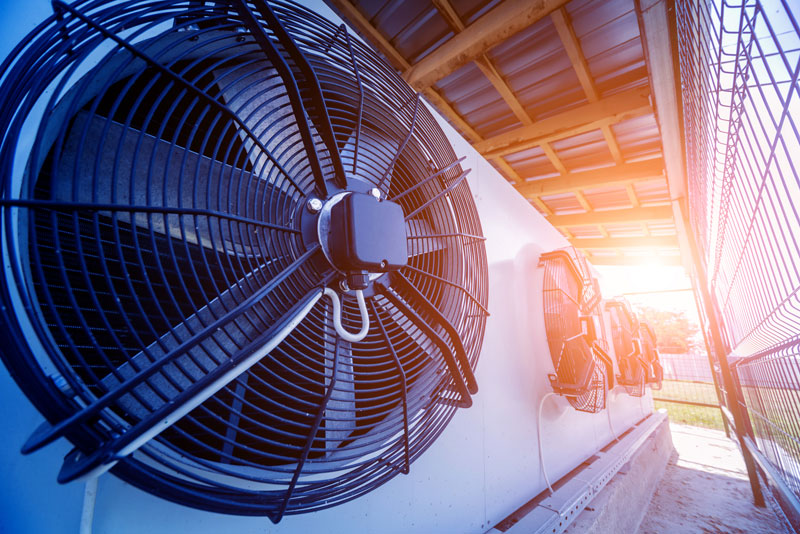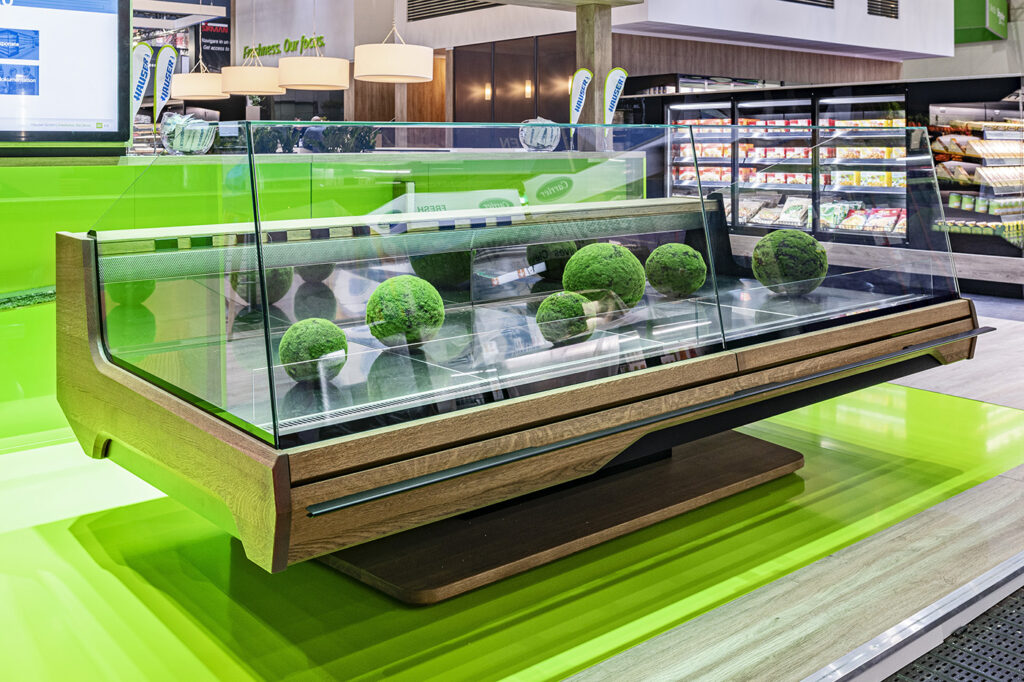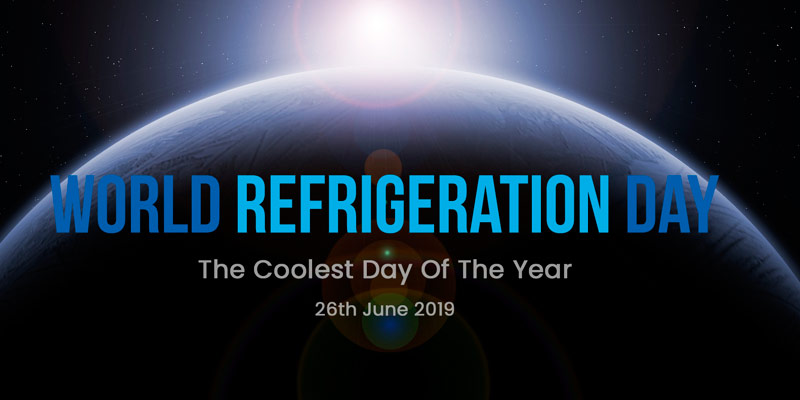Every year on June 26th, the world comes together to celebrate World Refrigeration Day, recognizing the tremendous impact and significance of refrigeration and air conditioning in our daily lives. Established in 2019, this global observance aims to raise awareness about the essential role that refrigeration plays in various sectors, including food supply chains, healthcare, and the environment. As we mark another World Refrigeration Day, it is crucial to reflect on the importance of sustainable refrigeration practices and the role they play in shaping a better future for all.

The Significance of Refrigeration:
Refrigeration technology has revolutionized the way we live and has become an integral part of our modern society. From preserving and extending the shelf life of perishable goods to creating comfortable and healthy indoor environments, refrigeration systems have made a significant impact on numerous industries and sectors. Imagine a world without refrigeration, where we would struggle to store and transport food safely, keep medicines and vaccines effective, or even maintain optimal working conditions in offices, homes, and hospitals.
Sustainability Challenges:
While refrigeration offers immense benefits, it also presents sustainability challenges that need urgent attention. One of the major concerns is energy consumption. Refrigeration and air conditioning systems consume a significant amount of energy, contributing to greenhouse gas emissions and climate change. The refrigerants used in these systems, particularly hydrofluorocarbons (HFCs), have a high global warming potential, further exacerbating the environmental impact.
Another pressing issue is food waste. Approximately one-third of the food produced globally goes to waste, with improper refrigeration and cold chain infrastructure being a contributing factor. Inadequate storage facilities and inefficient distribution networks result in substantial food losses, impacting not only the economy but also exacerbating food insecurity and hunger.

The Path to Sustainable Refrigeration:
Achieving sustainable refrigeration requires a multi-faceted approach involving technological advancements, policy interventions, and collective efforts from all stakeholders. Here are some key areas that can contribute to a greener and more sustainable refrigeration future:
-
- Energy Efficiency: Investing in energy-efficient refrigeration systems and appliances can significantly reduce energy consumption and carbon emissions. Governments, manufacturers, and consumers must prioritize the use of energy-efficient technologies and promote responsible energy practices.
-
- Alternative Refrigerants: Transitioning away from high-global-warming-potential refrigerants, such as HFCs, to low-global-warming-potential alternatives is crucial. Natural refrigerants like hydrocarbons, ammonia, and carbon dioxide offer environmentally friendly alternatives with minimal impact on the ozone layer and a significantly reduced carbon footprint.
-
- Cold Chain Optimization: Enhancing cold chain infrastructure is essential to minimize food waste. Improving storage facilities, transportation systems, and monitoring technologies can help maintain the quality and freshness of perishable goods, reducing losses and increasing the efficiency of the food supply chain.
-
- Education and Awareness: Increasing public awareness about responsible refrigeration practices and their environmental impact is crucial. Education programs, campaigns, and initiatives can encourage individuals and organizations to make informed choices, adopt sustainable behaviors, and support environmentally friendly refrigeration solutions.
Conclusion:
As we celebrate World Refrigeration Day, it is an opportune moment to recognize the immense value of refrigeration and air conditioning in our lives while acknowledging the environmental challenges associated with these technologies. By embracing sustainable practices, investing in innovative solutions, and fostering collaboration among governments, industry leaders, and consumers, we can pave the way for a future where refrigeration plays a vital role in preserving the cool while minimizing its environmental footprint. Let us seize the opportunity to protect our planet, ensure food security, and create a sustainable future for generations to come.

